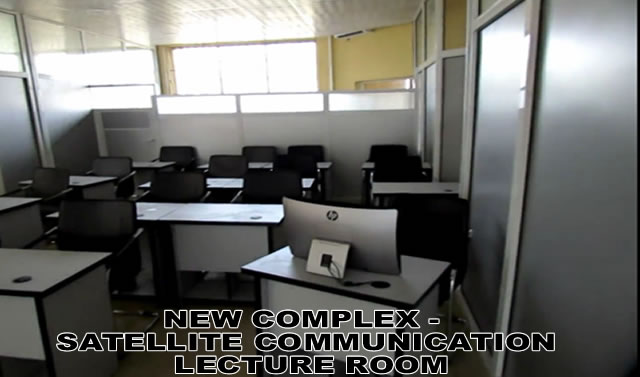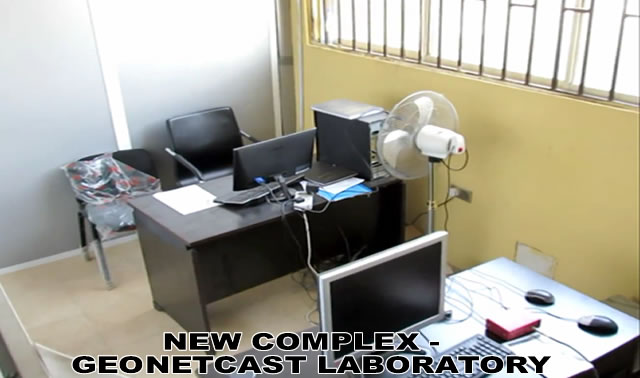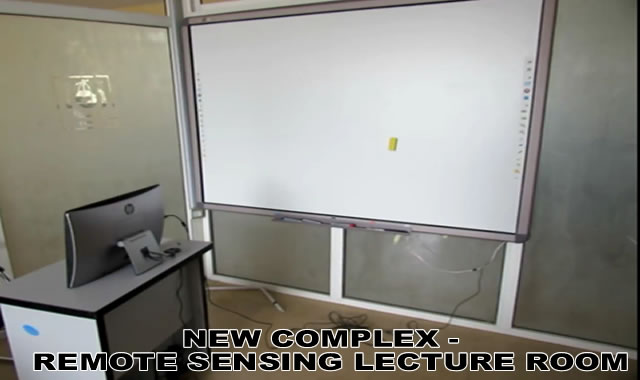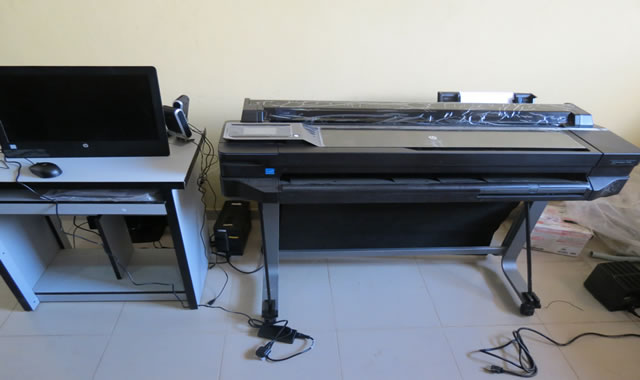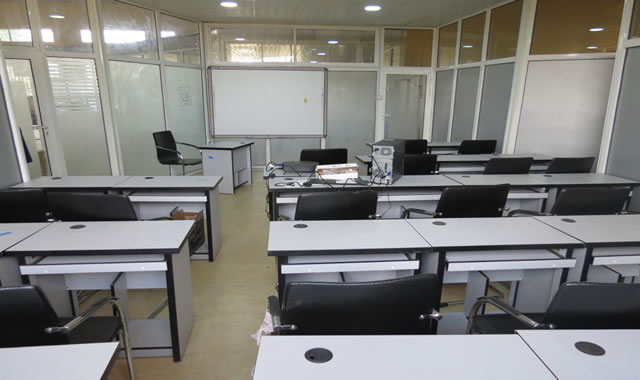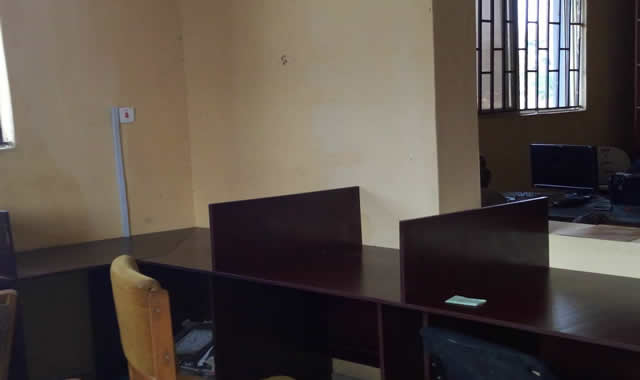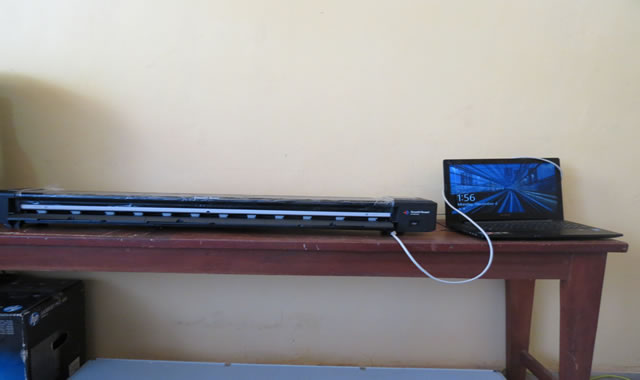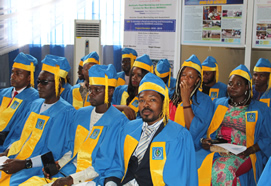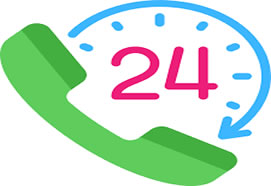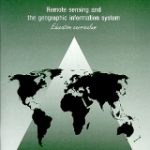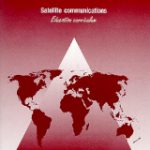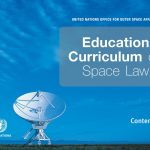
ADVANCING NEW POSSIBILITIES
– We usher you into a world of better academic and career opportunities –
Since 1999 when the Centre began offering these courses, more than 400 participants from Botswana, Cameroon, Egypt, Ethiopia, Ghana, Kenya, Liberia, Malawi, Mozambique, Nigeria, Sierra Leone, South Africa, Sudan, Swaziland Tanzania, The Gambia, Uganda and Zimbabwe have passed through the Postgraduate Diploma programme.
Why Us?
- Unending Opportunities
- Collaborations
- Networking
- Skilled Lecturers
- Scholarship Openings
- Bridge Academy – Industry Gap
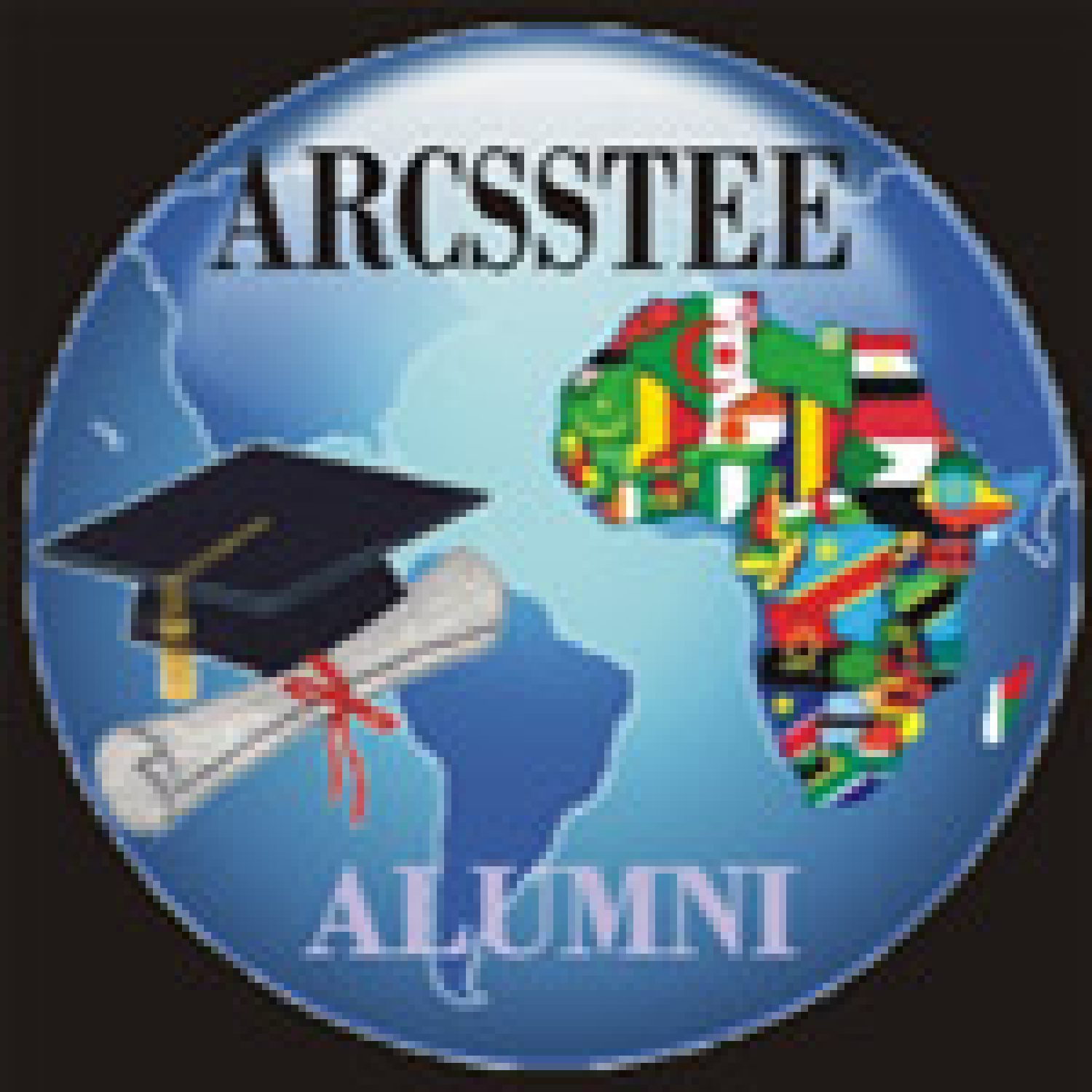
Start Learning Now.....
Course Options
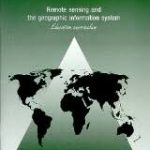
The Curriculum for the Remote Sensing & GIS Course Module can be downloaded <here>
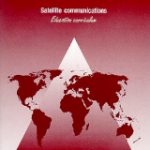 Satellite communications systems have been undergoing radical change in recent years, making a transition from a technology dominated by Governments and geostationary satellites to one that includes low-Earth orbit (LEO) and Medium- Earth Orbit (MEO) satellite systems operated by publicly held corporations.
Satellite communications systems have been undergoing radical change in recent years, making a transition from a technology dominated by Governments and geostationary satellites to one that includes low-Earth orbit (LEO) and Medium- Earth Orbit (MEO) satellite systems operated by publicly held corporations.
The new systems utilize multiple antenna beams forming cells on the Earth’s surface similar to those used by terrestrial cellular telephony systems and are capable of carrying various types of traffic ranging from voice to Internet traffic
The present chapter contains the deliberations of the working group on satellite communications that was established during the United Nations Expert Meeting on the Regional Centres for Space Science and Technology Education: Status and Future Development.
The working group reviewed the curriculum of courses that had been held at the Centre for Space Science and Technology Education in Asia and the Pacific (annex I) and developed a broad outline of topics that should be part of the satellite communications curriculum.
The Curriculum for the Satellite Communication Course Module can be downloaded <here>
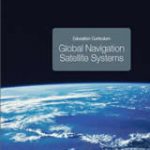
Global Navigation Satellite Systems (GNSS) include constellations of Earth-orbiting satellites that broadcast their locations in space and time, of networks of ground control stations, and of receivers that calculate ground positions by trilateration. GNSS are used in all forms of transportation: space stations, aviation, maritime, rail, road and mass transit. Positioning, navigation and timing (PNT) play a critical role in telecommunications, land surveying, law enforcement, emergency response, precision agriculture, mining, finance, scientific research and so on. They are used to control computer networks, air traffic, power grids and more.
The Curriculum for the
Global Navigation Satellite Systems (GNSS) Course Module can be downloaded <<here>>
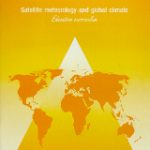
Human beings have no doubt always had a fascination with and a practical interest in the weather. Meteorological phenomena were a major subject of speculation in the philosophical works of classical antiquity, but scientific study of the weather is generally dated from the invention of the thermometer and barometer in the seventeenth century.
There were sporadic attempts to plot weather maps from surface observations in the eighteenth century. The invention of the telegraph in the nineteenth century opened the prospect of producing and disseminating real-time forecasts using data gathered over a large geographical area. Government-sponsored observing networks were begun in several countries in the mid- and late nineteenth century.
The nineteenth century also saw important developments in basic fluid dynamics and thermodynamics, which put the study of the atmosphere on a firm basis as a problem in applied physics. In recent decades, spectacular advances have been made in both observational and theoretical studies of the atmosphere. Such progress has been greatly facilitated by the availability of satellite platforms for atmospheric observing systems and the development of digital computers for the non-linear governing equations.
A meteorological satellite application course is a specific component of space science and technology education. It is important because, while meteorological satellites have operated in space for over three decades, the majority of the world’s scientific, professional and educational communities are unaware that observations from those satellites are freely accessible and that they can be applied directly or combined with other information to benefit large segments of a country’s population or to help resolve specific problems affecting those populations, especially where the saving of lives, the protection of property or the responsible management of natural resources may be involved.
The Curriculum can be downloaded here.
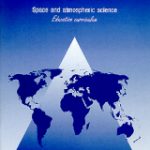
Basic Space and Atmospheric Science missions and research are now generating news on a daily basis worldwide. They are responsible for programmes relating to astronomy, the solar system and the Sun and its interaction with Earth. Space and atmospheric science covers everything from the middle levels of Earth’s atmosphere (about 60 kilometres up) to the edge of the universe billions of light years away. It may help to understand space and atmospheric science
The working group on space and atmospheric science, which was established during the United Nations Expert Meeting on the Regional Centres for Space Science and Technology Education: Status and Future Development reviewed and revised the curriculum for the third course (annex I).
The Curriculum can be downloaded <<here>>.
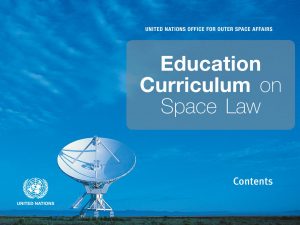 Space law can be described as the body of law governing space-related activities. Space law, much like general international law, comprises a variety of international agreements, treaties, conventions, and United Nations General Assembly resolutions as well as rules and regulations of international organizations.
Space law can be described as the body of law governing space-related activities. Space law, much like general international law, comprises a variety of international agreements, treaties, conventions, and United Nations General Assembly resolutions as well as rules and regulations of international organizations.
The term “space law” is most often associated with the rules, principles and standards of international law appearing in the five international treaties and five sets of principles governing outer space which have been developed under the auspices of the United Nations. In addition to these international instruments, many states have national legislation governing space-related activities.
The Curriculum can be downloaded <<here>>
Current Students
- Remote Sensing/ GIS
- ALEX Tosin Nigeria
- ARUWA Samson Nigeria
- AKINPELUMI Adenike Nigeria
- HARUNA Nuhu Nigeria
- AKINKUNMI Kulepa A. Nigeria
- AKINWANDE Ruth A. Nigeria
- MAFIANA Chinedum Nigeria
- SURAJUDEEN Kafayat A. Nigeria
- OYINLOYE Kunle Olanrewaju Nigeria
- ASHIRU Kolawole Saheed Nigeria
- LIVINUS Anitha Tanzania
- NIYEGIRA, Paternus C. Tanzania
- MULUBAH, Lamah Dedee Liberia
- BUNDOO Joseph S. N. Liberia
- NDI, Mary Anne Muyang Cameroon
- EZELOBE, Ogochukwu U. Nigeria
- SAMUEL, Tiworoiyang T. Nigeria
- AGYO, Tsonde Ismaila Nigeria
- SANI Umar Nigeria
- GANA, Joseph Nigeria
- OBUTE, Kate Nwadeobi Nigeria
- PETER, Rose Nigeria
- DOGBEY Felicia Ghana
Satellite Communication
- ABUBAKAR Sadiq Suleiman Nigeria
- ADAMS, Sulaimon O. Nigeria
- MARINGAPASI, Marie-Ann C. Zimbabwe
- TETTEH, Ebenezer Ghana
- BATIFE George U. Nigeria
Application Fee: #25, 000
60% of the School fees must be paid before resunmption
Registration for Current students is done by the Faculty officers of the Postgraduate Programme at the Space Museum.
In addition to evidence of fees paid, credentials and certificates, current students are to download the attached the Course Registration Forms as applicable and submit accordingly with 4 passports photographs.
Click on the Specific Course Option to download the Course Registration Form:
Courses are in Modules and are conducted as listed in the Course Forms
Foreign students are accommodated in the Hall of Residence within the Office Premises. Accommodation for the indigenous students is on a “first pay, first served” basis.
Prospective Students
Application is now open for the 2022/2023 academic session of the Postgraduate Diploma Programme
Applicants should note that the PGD Programme is Full Time and Research based, running from October to July each year. Courses are conducted in modules.
Click to view Available Course Options
Eligible candidates must be graduates or HND holders from a recognized university or polytechnic respectively and in addition, satisfy the minimum GCE ‘O’ Level, WASC, SSCE, NECO or NABTEB entry requirements of credit passes or its equivalent in 5 subjects, including: English Language, Mathematics, Physics and Chemistry/Geography (for Remote Sensing/ GIS and Satellite Meteorology option).
Successful candidates are expected to score an Upper Credit grade if they would be considered for future academic programmes (Masters etc).
Application Fee is #15,000
Please note that students must pay at least 60% of the school fees during the registration.
Follow the Payment Procedure strictly
Download <<Application Form>>
The documents should be arranged in the following order:
1. Application Form (with Passport Photograph)
2. One Page Proposal
3. Certificates (including NYSC for Nigerians)
4. Academic Transcripts
Please kindly note that the above documents should be sent as a single pdf file and named as follows:
2022/2023_PGD_ Surname_First Name_Other Name.pdf (As should be on your certificate on graduation)
All applications should be turned in latest, Sunday, 4th September 2022 by 11:59pm (Nigerian Time). Any application not received by then or doesn’t follow the guidelines as stated above will not be considered.
- Completed forms including all credentials as requested and evidence of application fee payment should be emailed to: pgd@arcsstee.org.ng
For further enquiries please contact:
Dr O. R. Oladosu: 08035692309
Mr Samam Obaguo: 07035269373
Ebeiyamba Okon: 08035967162
Selected Foreign participants are eligible for scholarship which is sponsored by the United Nation. This include return flight ticket, tuition and monthly stipend.
Candidates can also seek sponsorship from relevant government agencies and non-governmental organizations.
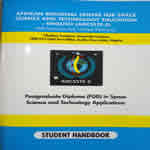
The Postgraduate student’s handbook is intended to serve as a guide to all participants of ARCSSTEE’s Postgraduate Diploma programme. It contains information on educational facilities that are available to participants. It provides information about the course modules, lecture rooms, profile of lecturers, and management staff on the programme.
In order to keep participants abreast of activities in the Centre on a routine basis and for smooth running of the programme, this hand book narrows the communication gap between the Centre and course participants.
Registered students are given a hard copy of the hand book. Click <<here>> to download a softcopy
All payments are done through the REMITA Platform.
Click and Follow the Payment Procedure strictly.
Application for 2022/ 2023 Academic Session is currently on
Download <Application Form>
- Completed forms including all credentials as requested and evidence of application fee payment should be emailed to: pgd@arcsstee.org.ng
The documents should be arranged in the following order:
1. Application Form (with Passport Photograph)
2. One Page Proposal
3. Certificates (including NYSC for Nigerians)
4. Academic Transcripts
Please kindly note that the above documents should be sent as a single pdf file and named as follows:
2022/2023_PGD_ Surname_First Name_Other Name.pdf (As should be on your certificate on graduation)
All applications should be turned in latest, Sunday, 4th September 2022 by 11:59pm (Nigerian Time). Any application not received by then or doesn’t follow the guidelines as stated above will not be considered.
For further enquiries please contact:
Dr O. R. Oladosu: 08035692309
Mr Samam Obaguo: 07035269373
Ebeiyamba Okon: 08035967162
Current Students

2020 Lecture Time Table
To be released soon
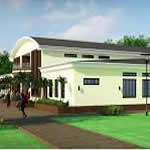
Hostel Accommodation
Prospective Students

Application Form
Application for 2020/2021 closed
Current Students

Lecture Time Table
Released on demand

Hostel Accommodation
Take a Tour
